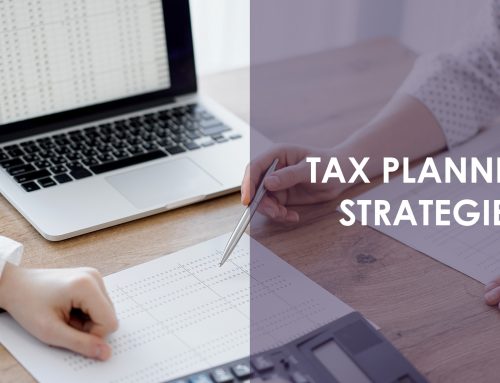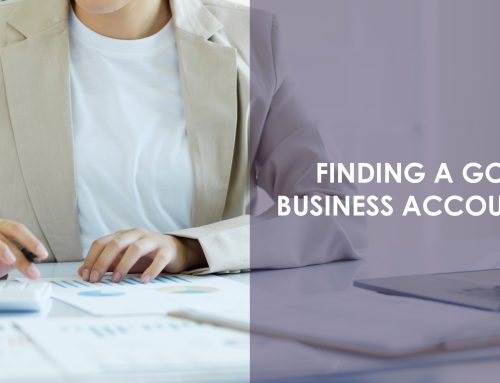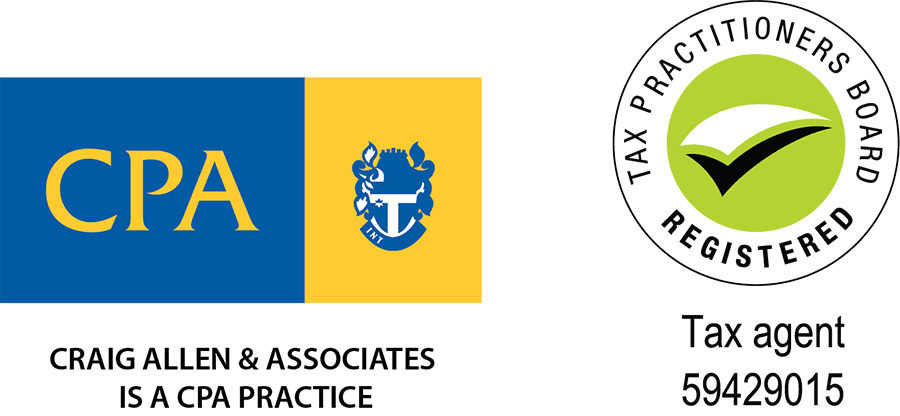Even with the onslaught of COVID-19, Australia’s business landscape continues to thrive with fresh business startups.
Startups are rapidly growing in the country with a startup rate of 5.8 per cent—ranking 6th globally. Its technology startup sector, in particular, is dominating the scene.
These figures confirm that if you’re looking to start a business, now is the ideal time to do it, just make sure that you have a strong business plan in mind. With all businesses, tax savings are important as are Government incentives.
Here are 7 Australian tax saving tips for small businesses:
1. Avail Tax Incentives and deductions
Not many companies are aware that they can claim tax deductions and incentives to support their startup. This is usually given during the development stage of your business.
The Australian government provides tax incentives for early-stage investors to connect eligible startups with investors in developing successful innovative companies. However, this only targets certain companies so be sure to discuss it with your accountant.
This tax incentive provides eligible investors with the following:
- 20% non‑refundable carry-forward tax offset on amounts invested in qualifying early-stage innovation companies (ESICs), with the offset capped at $200,000 per investor per year (on an affiliate-inclusive basis)
- 10-year exemption on capital gains tax for investments held as shares in an ESIC for at least 12 months, provided that the shares held do not constitute more than a 30 per cent interest in the ESIC.
There are also other options like the ‘small business income tax offset’ which can reduce taxes by up to $1,000 each year and small business entity concessions for businesses with an annual turnover of less than $10 million. Again, you will need to discuss these options with your accountant to know whether you can qualify for them.
2. Separate Personal and Business Accounts
There are numerous reasons why you should keep a separate bank account for your business. For one, it’s a lot easier to track your expenses, income, and profit. It also makes record keeping a lot easier which saves you time and money.
To avoid mixing personal and business transactions in one bank account, we suggest that you should have a separate personal and business transaction account, as well as a business savings account for tax and GST obligations.
There’s also a chance that the bank account used for tax savings can accumulate funds and be used as an interest-bearing account or a mortgage offset account. This saves you interest on non-deductible interest (i.e. home loans) that are at a higher rate than the interest rate you received on invested money.
3. Invest in Accounting Software
Manual bookkeeping is a thing of the past. In this day and age, everything is practically done online. If you think your startup can get by with a single spreadsheet for tracking your company’s records, you may be in for a shock and be doomed to failure. It’s best to think long-term so your business has a good, solid record-keeping foundation in place from day one.
To keep up with your business’s growing demands and ATO requirements, there is cloud accounting software to help you track expenses and manage your taxes. Software such as Xero and MYOB are our preferred accounting packages. Cloud accounting software also has the ability to upload receipts and track inventory, unlike a manual spreadsheet.
If you’re intimidated by the prospect of learning new software, you can easily hire an accountant or bookkeeper to help you out.
4. Keep quality financial records
Following on from point three, one of the best tax-saving tips you can get is to practice good record keeping. This includes basic bookkeeping to the preparation of financial statements such as profit and loss statements, balance sheets, cash flow reports and the like. Keeping a record of your finances makes it easier for you to substantiate tax deductions and lessen your tax liability. More importantly, it should also make it easier to deal with the ATO in the event of an ATO audit.
If you need help organizing your financial records, you can always get help from an accounting practice like Craig Allen and Associates.
5. Take note of your reporting requirements
Your tax obligations will depend on your business structure and what registrations you are required to have with the ATO and State Government Authorities. Among these requirements are goods and services tax (GST), pay as you go (PAYG) withholding, PAYG Instalments, Work cover and Payroll tax to mention a few.
To navigate these and other requirements, an expert business accountant is needed to help manage your financial reporting obligations. That said, it would still be handy to do your research about business tax affairs even though you’re already using an accountant.
More importantly, take note of important tax dates so you won’t miss out on payments due and incur penalties.
6. Seek Salary Sacrifice Arrangements
Salary sacrifice arrangements are often referred to as salary packaging or total remuneration packaging. Under this arrangement, an employee agrees to forgo part of their gross salary or wages before tax, in return for benefits of the same value. These benefits are referred to as fringe benefits which can be a great way to reward employees, save the employee some tax and save the employer from additional costs.
There are different ways fringe benefits can be packaged depending on the employer’s entity type. It is a must to speak to an accountant about fringe benefits prior to paying them to employees.
7. Get a Proactive business accountant
A qualified and experienced business accountant is a must for any business. Lodging your tax returns and other tax obligations is one small part of an overall package your accountant should be providing you.
Business owners should use their accountants to improve their tax results, help improve their business profitability, discuss issues that arise, provide updates on the world of tax and business and– most of all– be proactive in creating tax planning and wealth creation opportunities.
Craig Allen and Associates can help you with all your bookkeeping, taxation and business needs so that you can concentrate on more profitable activities. Schedule a free, no-obligation consultation now by contacting our team at 039 558 7316 or emailing us at craig@craigallen.com.au.
SHARE THIS ARTICLE








